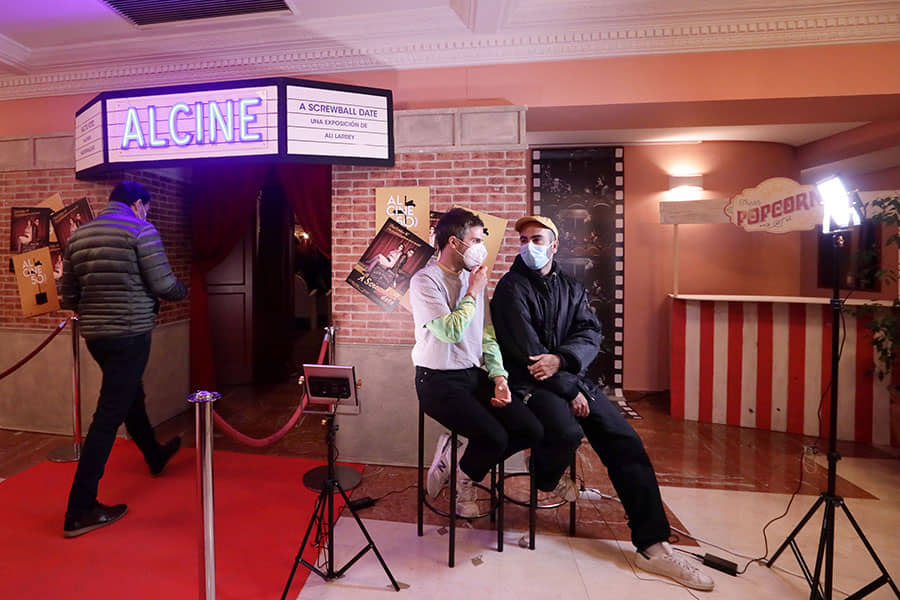
In the festival's most recent publication, Cortografias, authors Cristina Aparicio, Juanma Ruiz and Jara Yáñez try to draw a map of short films in the last decade by joining seemingly dispersed points. The "generations" or groups that previously formed festival by festival have moved to the school environment and there is talk of "ECAM style" or "this short is very ESCAC." Outside the capitals, authors like Chema García Ibarra form one of the most solid careers on the scene based on claiming the strangeness of what is close. Cinema returns to various hands from groups such as Los Hijos, Vermut, lacasinegra or the brothers Daniel and Pablo Remón and a whole new batch of directors such as Carla Simón, Belén Funes or Pilar Palomero go from short to long with solid and forceful proposals. At the local level, the greatest hallmark of ALCINE's current stage may have been its commitment to life online. Partly out of a desire to be contemporary, partly forced by the economic situation, the festival has managed to break down borders by transferring much of what was previously done physically to the Internet. The digitization of its catalogs and publications, the implementation of a large database with the festival's short films or its collaboration with the FILMIN platform are perhaps little-known actions, but fundamental so that, for example, the collapse derived from the COVID-19 pandemic could not cancel the festival. The commitment to "safe culture" in person and combined with #yomequedoencasaviendocortos (#IStayAtHomeWatchingShorts in Spanish) allowed, at the cost of delaying the 50th anniversary celebrations for a year, for ALCINE to remain alive, even if it was in Limited Edition.
From the exhibition History of a Film Festival.
(Pedro Toro, 2021)
To learn more, consult the free access book "Historia(s) de un festival de Cine” (in Spanish).